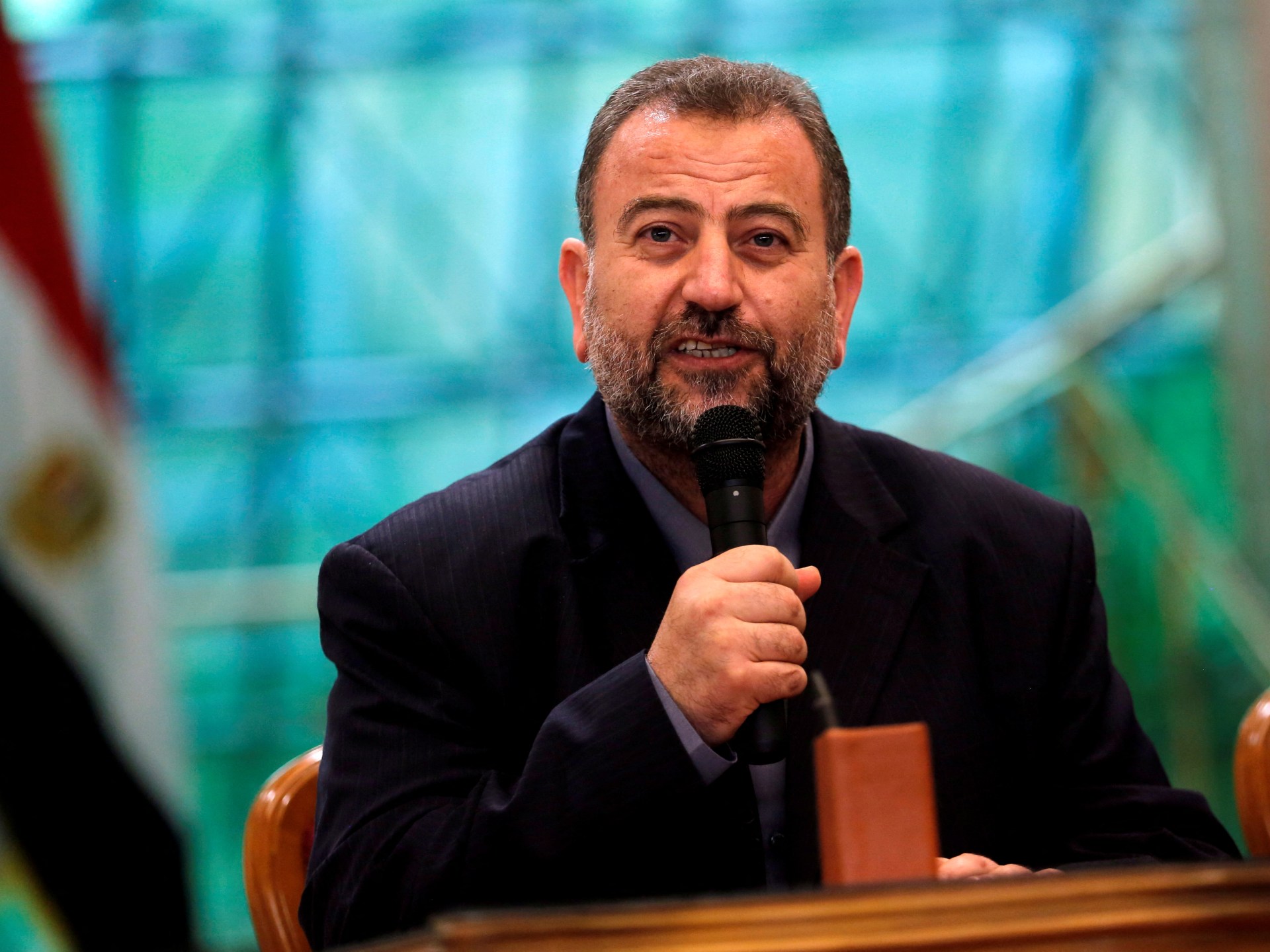Taipei, Taiwan — The first meeting between Chinese President Xi Jinping and United States President Joe Biden this year is a positive signal that the two superpowers want to improve their working relationship, analysts have said.
Xi and Biden met Wednesday on the sidelines of the APEC Summit in San Francisco, where they promised to cooperate on issues like artificial intelligence, climate change and curbing fentanyl shipments to the US.
They also pledged to restore military communications that were cut off following the visit of then-US Speaker of the House Nancy Pelosi to Taiwan last year, a self-ruled democracy that China regards as its own territory.
While none of the outcomes were surprising, analysts said they represent a move in the right direction.
“What this meeting achieves is it helps regenerate a little bit of political capital as the two sides enter into a year that will be filled with a number of events that could see tensions flare up again,” said Amanda Hsiao, a Taipei-based senior China analyst at the Crisis Group.
Taiwan will hold presidential elections on January 13, while the US is poised for its own presidential vote next November. Relations with China will likely figure prominently in both campaigns.
“One way to understand this is this meeting helps to create a bit of a buffer against what will inevitably be an uptick in tensions,” Hsiao said.
Hsiao pointed to China’s messaging after the meeting that asked for the US to specifically support “peaceful unification with Taiwan” and to stop arming the Taiwanese military. These, she said, were a positive sign.
“The asks are more concrete,” she said, which suggests that “tensions may be lowering over Taiwan because in a way this represents an attempt at bargaining by Beijing, they’re trying to see what they can get out of the US.”
Alicia Garcia Herrero, the chief economist for Asia Pacific at Natixis, described the meeting as a win for Biden because Xi was forced to pledge – for now – that China had no plans to attack Taiwan in the coming years.
“This is a big win because it does tie Xi’s hands on something he has always claimed was ‘domestic affairs,” she said. “So this is quite impressive.”
Even so, China’s response to the upcoming Taiwanese election will be closely watched by observers. Beijing regards the island’s incumbent Democratic Progressive Party and its presidential candidate William Lai as “separatists”.
When angered by Taipei in the past, Beijing’s playbook has included staging military exercises in the Taiwan Strait, firing missiles towards Taiwan’s main island, or stepping up air and naval patrols in the vicinity.
If Lai wins, his victory could set Beijing off again, but his chances were curtailed this week when his opponents from two more China-friendly political parties agreed to work together during the election.
Bonnie Glaser, managing director of the Indo-Pacific programme at the German Marshall Fund in the US, said the restoration of military contact following the Biden-Xi meeting was important.
She described the move as “very significant, but whether concrete progress is made towards avoiding accidents remains to be seen”.
Over the past few years, the US and Chinese ships and jets have had several near collisions in the Taiwan Strait, a body of water regarded by China as its domestic territory. The US, like most countries, regards the strait as international waters and regularly stages freedom of navigation exercises there with its allies.
Analysts have long worried that an accident could unintentionally unleash an armed confrontation in the Taiwan Strait.
While the US and China were never expected to fully put aside their differences, Biden and Xi still have many reasons to tone down their rivalry, said Glaser. Besides running for re-election in the already tumultuous US presidential election, Biden has to worry about two wars, in Ukraine and the Middle East.
China’s economy, meanwhile, is struggling on multiple fronts including its housing market, and US export controls and outbound investment restrictions on advanced tech like semiconductors are biting.
Kharis Templeman, a research fellow at the Hoover Institution’s Project on Taiwan in the Indo-Pacific Region, said it was this anxiety that helped push Xi towards a more conciliatory meeting with Biden.
Both leaders have not met since the G20 in Bali last year, an event that had appeared to go well until a few weeks later when China was accused of sending a spy balloon over the continental US in February.
“Xi’s emphasis on economic issues and allowing China to develop and take its rightful place in the world [shows] he’s in a little bit more uncomfortable position now than he was a year ago,” Templeman said. “I suspect part of his willingness to come for APEC and meet in a bilateral side meeting with Biden is his concern about economic issues.”

 Movie
Movie 5 months ago
162
5 months ago
162 






![Presidents Day Weekend Car Sales [2021 Edition] Presidents Day Weekend Car Sales [2021 Edition]](https://www.findthebestcarprice.com/wp-content/uploads/Presidents-Day-Weekend-car-sales.jpg)



 English (United States)
English (United States)